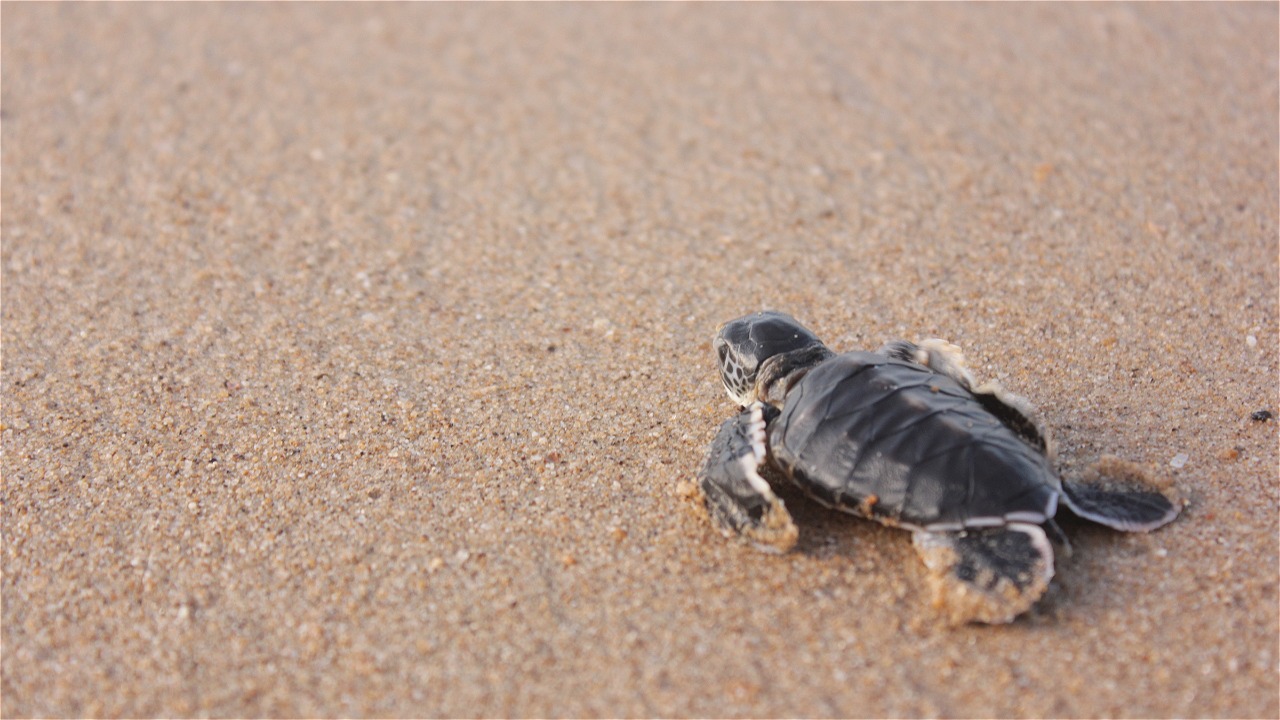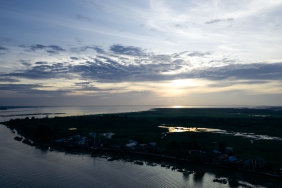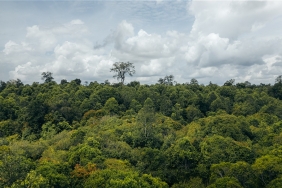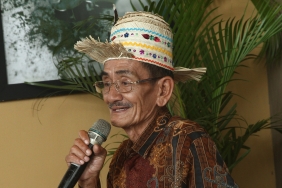SUPPORTER CALLS: LET'S ACT FOR PALOH'S WASTE PROBLEM
By: Ciptanti Putri
The Paloh coast, located north of Pontianak, West Kalimantan, has sandy beaches stretching for more than 100 km. Along 63 km (about 79%) of the total coastline is a nesting habitat for Green Turtle (Chelonia mydas) and Hawksbill Turtle (Eretmochelys imbricata). This fact makes Paloh the longest turtle nesting area in Indonesia. No less than 2,000 Green Turtle nests (more than 500 females) per year can be found on Paloh's beaches; the second largest Green Turtle population in Paloh in a chain of habitats stretching from the Peninsula, Malaysia, to the Sulu Sea, Sulawesi. With this uniqueness, the Paloh coast has the potential to run turtle-based ecotourism and other coastal activities.
From October to January every year, north winds blow through the region. Locals call this the Runway Season. During this season, large waves and strong winds come face to face with the nesting beaches. As a result, beaches that were once clean will be full of piles of organic and non-organic waste, 'sent' from countries in Asia, including from various islands in Indonesia. The garbage that washed up and piled up on the Paloh turtle nesting beach was mostly in the form of plastic drinking bottles.
This garbage is very disruptive to the activities of turtles that want to lay eggs. In addition to hindering the turtles' movement and covering the nesting area, the accumulated garbage causes turtles, as a sensitive species, to often fail to come to the beach and lay their eggs.
In early 2014, the team found a solution to this plastic bottle waste problem; by procuring a plastic shredder. Assisted by this machine, the plastics will be finely chopped. Then, the shredded plastic is channeled to a plastic recycling company to be processed into various useful products.
To support the conservation work carried out by WWF-Indonesia's Turtle Monitoring team in Paloh, WWF-Indonesia's Teledonation team activated the "Emergency for Paloh" program. In this program, WWF-Indonesia's active supporters and other potential donors will be contacted via telephone for the procurement of two (2) plastic shredders that will be placed in Paloh. This fundraising program will run throughout May 2014. It is hoped that the two plastic shredders can be purchased and utilized in Paloh by the end of 2014.
If you are interested in helping the procurement program, please send an email with personal data, such as full name, age, WWF-Indonesia supporter membership number (if any), and contact phone number to donation@wwf.or.id (please write "Emergency for Paloh" as your email title).
IUCN (International Union for Conservation of Nature) lists the Sea Turtle on the Red List of Threatened Species. As a species whose natural life cycle is already vulnerable, the survival of the Sea Turtle population is increasingly threatened by the impact of increasing human activities.





